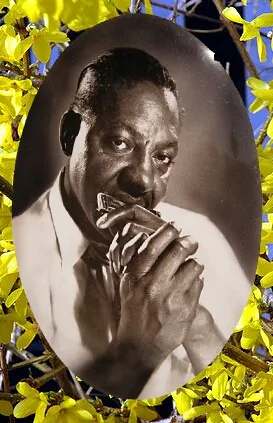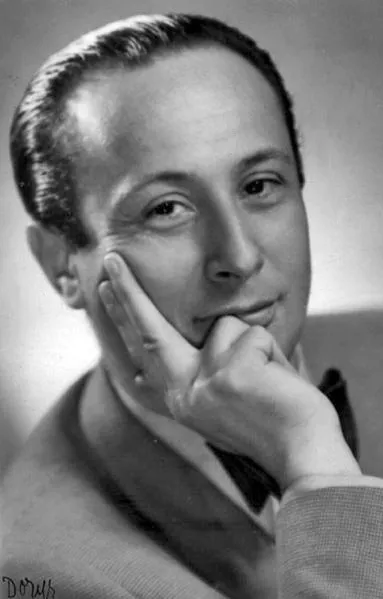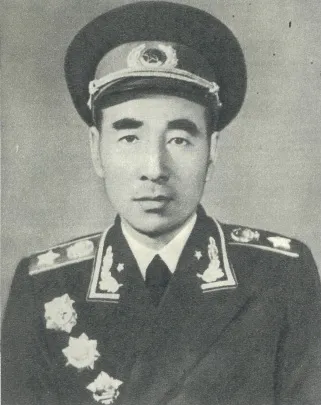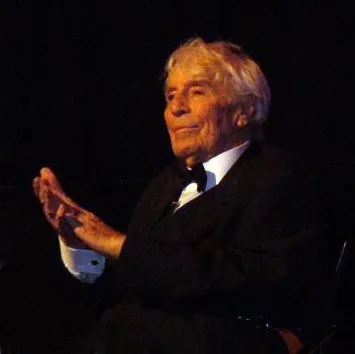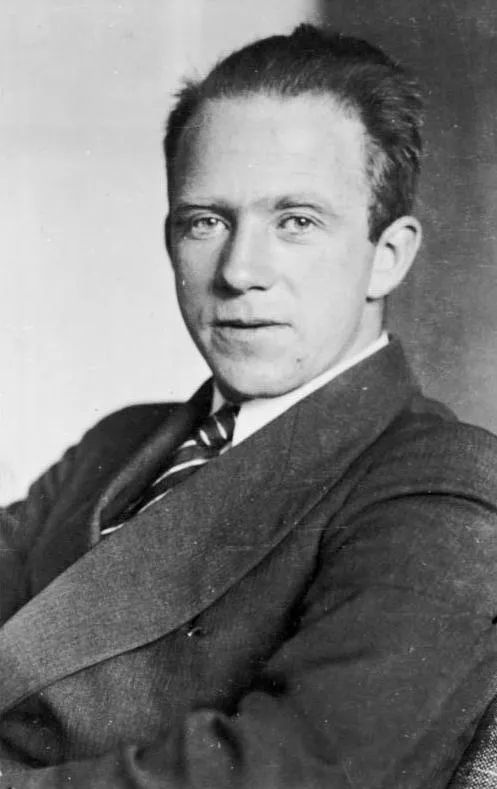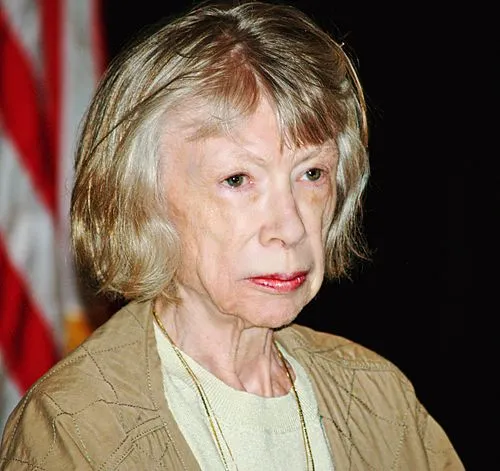
Full Name: Joan Didion
Birth Year: 1934
Nationality: American
Occupation: Novelist and screenwriter
Death Year: 2021
1934 – Joan Didion, American novelist and screenwriter (d. 2021)
Early Life and Education
Didion grew up in a middle-class family, her father a soldier and her mother a homemaker. From a young age, she exhibited a talent for writing, crafting short stories and essays. After graduating from high school, Didion attended the University of California, Berkeley, where she majored in English. Her early exposure to literature laid the groundwork for her future as a writer.
Literary Career
Didion's career took off in the 1960s when she began publishing essays in magazines and journals. Her first major work, Run, River (1963), showcased her distinctive voice and style. Following this, she published several acclaimed novels, including Play It As It Lays (1970) and A Book of Common Prayer (1977), both of which explored the complexities of identity and societal expectations.
However, Didion is perhaps best known for her essays, many of which are compiled in collections like The White Album (1979) and Slouching Towards Bethlehem (1968). These works are characterized by her incisive analyses of American culture, politics, and personal experiences, revealing the underlying tensions of the times.
Screenwriting and Hollywood
Didion also ventured into screenwriting, showcasing her versatility as a writer. She co-wrote the screenplay for Breakfast at Tiffany's (1961) and penned the screenplay for Play It As It Lays. Her time in Hollywood provided her with unique insights into fame and the film industry, topics she often explored in her writing.
Personal Struggles and Later Years
Throughout her life, Didion faced personal tragedies that informed her work. The deaths of her husband, John Gregory Dunne, in 2003, and her daughter, Quintana Roo Dunne, in 2005, profoundly impacted her writing. These experiences culminated in her memoir, The Year of Magical Thinking (2005), which won the National Book Award for Nonfiction and the Pulitzer Prize for Biography or Autobiography.
Joan Didion: A Literary Titan's Journey
Born into a world brimming with contradictions in 1934, Joan Didion emerged from the sun-drenched landscapes of Sacramento, California. As a child, she found solace in literature and storytelling activities that would soon define her life. However, it was not merely the act of reading that captivated her; it was the power of words to evoke emotions and provoke thoughts that ignited her passion.
In her early years, Didion honed her skills as a writer while studying at the University of California, Berkeley. Here, she developed an eye for detail and a voice that would later become iconic marked by its sharp observations and lyrical prose. Who knows how many future writers were inspired by her unapologetic perspective? Yet even as she thrived academically, there lingered a sense of disquiet a foreshadowing of the personal struggles she would later articulate so beautifully through her work.
Upon graduating in 1956, Didion took on various roles in journalism before breaking into fiction with "Run River" (1963). The novel portrayed the complexities of family dynamics against the backdrop of California's expansive landscape. It received mixed reviews but laid the groundwork for what would become an illustrious career a career characterized by both critical acclaim and deep personal reflection.
Ironically, despite being labeled as a novelist primarily known for fiction, Didion’s journalistic endeavors often stole the spotlight. Her essay collections especially "Slouching Towards Bethlehem" (1968) and "The White Album" (1979) offered readers unprecedented insight into American culture during turbulent times. Through her keen observations and poignant storytelling techniques, she captured moments ranging from drug-fueled counterculture in San Francisco to Hollywood's fleeting glitz unpacking layers beneath society’s surface.
The Personal Becomes Universal
As Didion navigated both fame and personal tragedy throughout her life, one could argue that perhaps her greatest strength lay in blending these experiences seamlessly into her writing. The loss of loved ones became central themes within works like "The Year of Magical Thinking" (2005), where she grappled with grief after losing her husband John Gregory Dunne unexpectedly. In those pages lay raw emotion the kind that resonates deeply with anyone who has experienced profound loss.
This intersection between lived experience and literary creation speaks volumes about Didion’s legacy: it isn’t merely about crafting sentences; it's about articulating shared human experiences underlined by sorrow or longing or joy even when cloaked within seemingly mundane details! One fan reflected during a street interview: “Her ability to weave intricate narratives out of pain is what makes reading Joan feel so intimate.”
A Voice for Our Times
Moreover, much like threads intertwined within fabric come together harmoniously yet distinctly formulating patterns unique unto themselves Didion's narratives reveal how societal issues echo across generations! She penned essays dissecting political unrest during events such as Watergate or Vietnam protests; thus providing context while revealing truths hidden beneath headlines dominated by chaos!
The Power Behind Her Prose
During interviews throughout this period from television appearances discussing political upheaval to print media showcasing reflections on youth culture it became clear that engaging audiences required more than just eloquence alone it required authenticity! In one particularly memorable moment captured on camera amidst swirling controversy surrounding American politics post-9/11: “You can't tell someone what's wrong if you don’t know where they are,” she remarked sharply yet thoughtfully.
This perspective signifies an enduring theme woven throughout much contemporary writing today; empathy drives understanding! Weaving personal anecdotes into broader sociocultural critiques gave rise not only too relatable prose but also ignited conversations around difficult subjects long considered taboo alluding perhaps once again back towards human imperfection at its core...
A Lasting Impact
If we examine further still we observe how even today women embrace their voices more robustly than ever before thanks largely due diligence exercised earlier by luminaries like Joan herself as seen among Gen Z influencers expressing vulnerability openly online via platforms such TikTok & Instagram sharing mental health struggles while navigating life’s challenges openly!
The connection remains palpable her influence stretching far beyond mere bookshelves serving instead as lifelines offering comfort reminding us always: we are never alone amidst our trials regardless how isolating they may feel...
A Farewell to an Icon
The literary world mourned when Joan Didion passed away on December 23rd 2021 leaving behind not just stories etched forever upon pages but legacies crafted through every moment spent probing deeper meanings rooted within daily existence itself... An ironic twist indeed given efforts once made towards evading self-reflection had now culminated beautifully allowing others discover their own paths forward nestled warmly between paragraphs filled heartfelt wisdom shared generously across generations!







